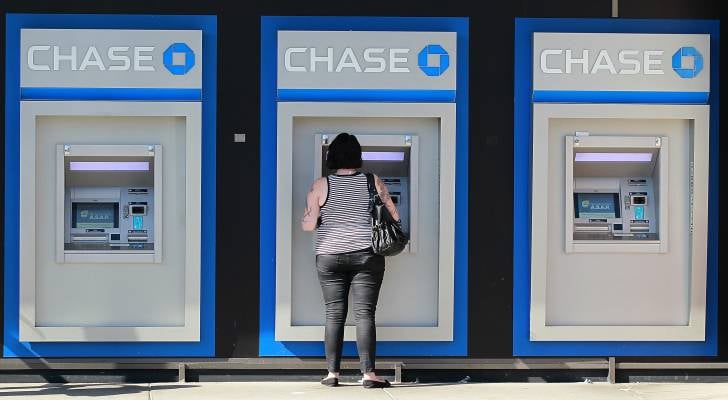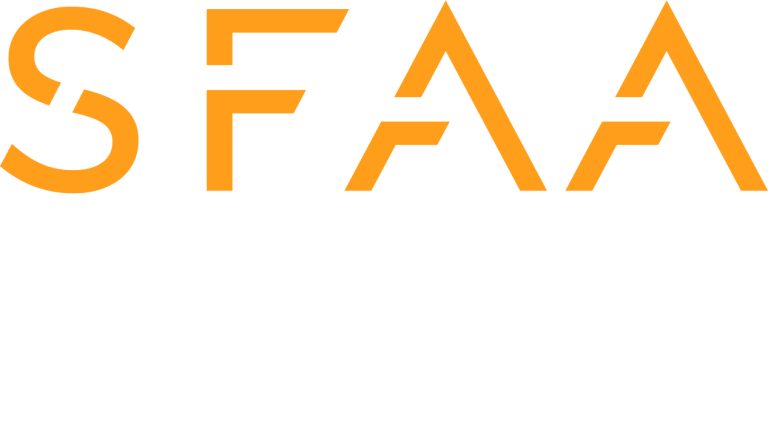
It was a scheme too good to be true — and now, the bank wants its money back.
A number of fresh lawsuits have been filed against JPMorgan Chase customers nationwide accused of exploiting what became known on social media as the “infinite money glitch,” according to CNBC. The scam briefly let users withdraw phantom funds out of their bank accounts.
Don’t miss
- I’m 49 years old and have nothing saved for retirement — what should I do? Don’t panic. Here are 5 of the easiest ways you can catch up (and fast)
- Gain potential quarterly income through this $1B private real estate fund — even if you’re not a millionaire. Here’s how to get started with as little as $10
- You’re probably already overpaying for this 1 ‘must-have’ expense — and thanks to Trump’s tariffs, your monthly bill could soar even higher. Here’s how 2 minutes can protect your wallet right now
"We’re still investigating cases of fraud and cooperating with law enforcement — and we’ll do that for as long as it takes to hold fraudsters accountable," Drew Pusateri, a spokesperson for the bank, told the broadcaster in story published April 16.
CNBC says a source familiar with the company’s actions revealed the bank is now targeting customers who allegedly stole amounts below $75,000, and letters were sent to over 1,000 customers demanding they repay funds.
How the glitch worked
The "infinite money glitch" involved depositing fake checks into an ATM and withdrawing the money before the checks bounced. It’s a form of check fraud.
This scheme became widely known in August after spreading quickly on social media. The core exploit was that the bank’s system temporarily made funds from deposited checks available before the bank had time to verify and clear the check.
JPMorgan Chase has filed new lawsuits in multiple states, including Georgia, New York, Texas and Florida, against individuals accused of exploiting the glitch, per CNBC. The bank previously focused on larger cases in federal court but is now pursuing smaller cases in state courts.
Read more: Want an extra $1,300,000 when you retire? Dave Ramsey says this 7-step plan ‘works every single time’ to kill debt, get rich in America — and that ‘anyone’ can do it
"On August 29, 2024, a masked man deposited a check in Defendant’s Chase bank account in the amount of $73,000," the bank said in a suit filed in Georgia on April 15, according to CNBC. The bank further claimed a series of cash withdrawals at two Chase branches in the state totaling $82,500 had been made before the check bounced after six days.
CNBC withheld the defendant’s name, but says the lawsuit claims they owe the bank $57,8847.69 and have yet to comply with requests to return the funds.
A warning about social media-fueled fraud
This isn’t the first time a financial hack has gained popularity online, and it may not be the last. If there’s one lesson here, it’s this: taking advantage of a "glitch" doesn’t make it legal, and companies will come after you.
This case also highlights a broader truth in today’s finance world: viral "hacks" that promise fast cash almost always come with strings attached — whether legal, financial or ethical. If something seems like it breaks the rules, it probably does.
And if you’re ever tempted by a so-called infinite money trick, remember: the banks have lawyers. Lots of them.
It’s always best to stay on the cautious side.
What to read next
- Millions of Americans now sit on a stunning $35 trillion in home equity — here’s 1 new way to invest in responsible US homeowners while targeting a 14%-17% IRR
- Robert Kiyosaki warns of a ‘Greater Depression’ coming to the US — with millions of Americans going poor. But he says these 2 ‘easy-money’ assets will bring in ‘great wealth’. How to get in now
- Here are 5 ‘must have’ items that Americans (almost) always overpay for — and very quickly regret. How many are hurting you?
This article provides information only and should not be construed as advice. It is provided without warranty of any kind.


